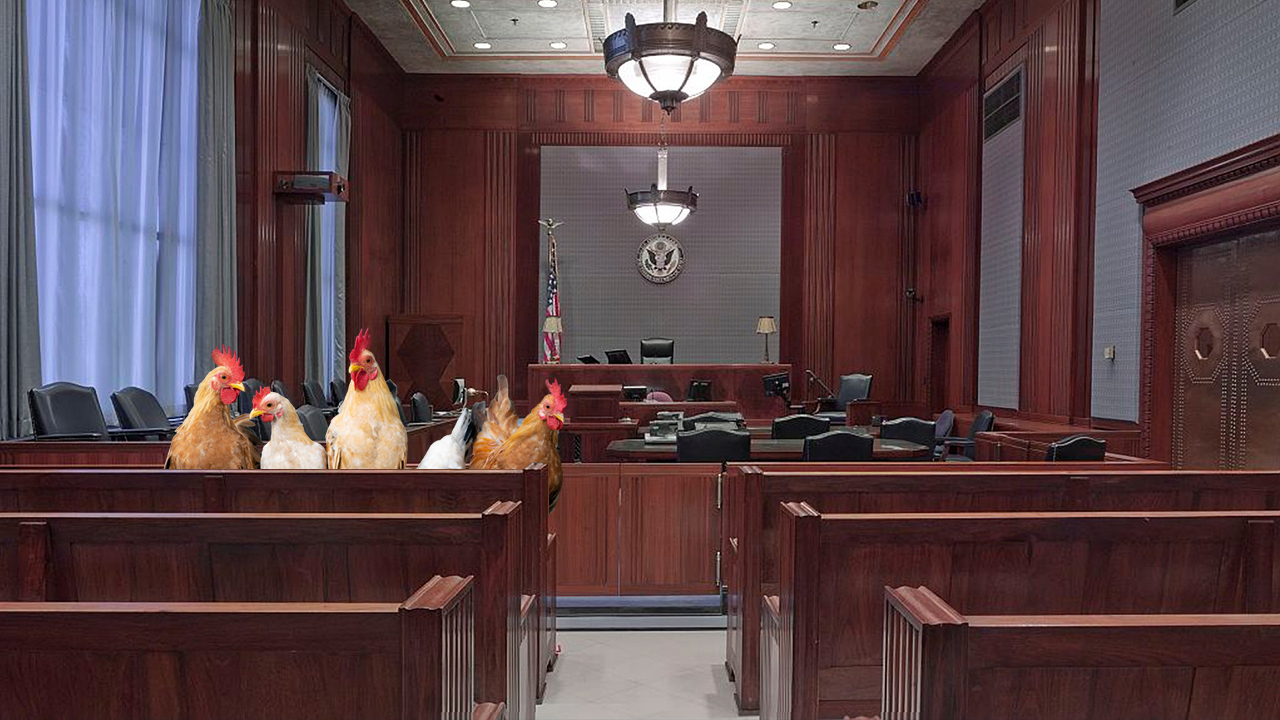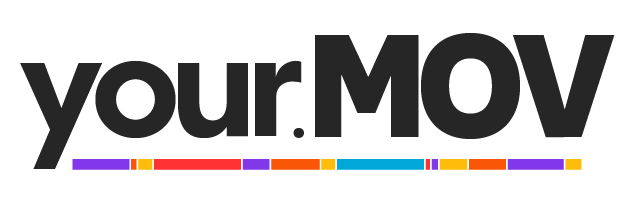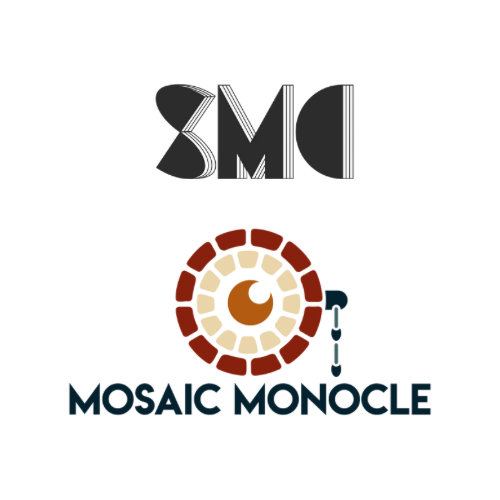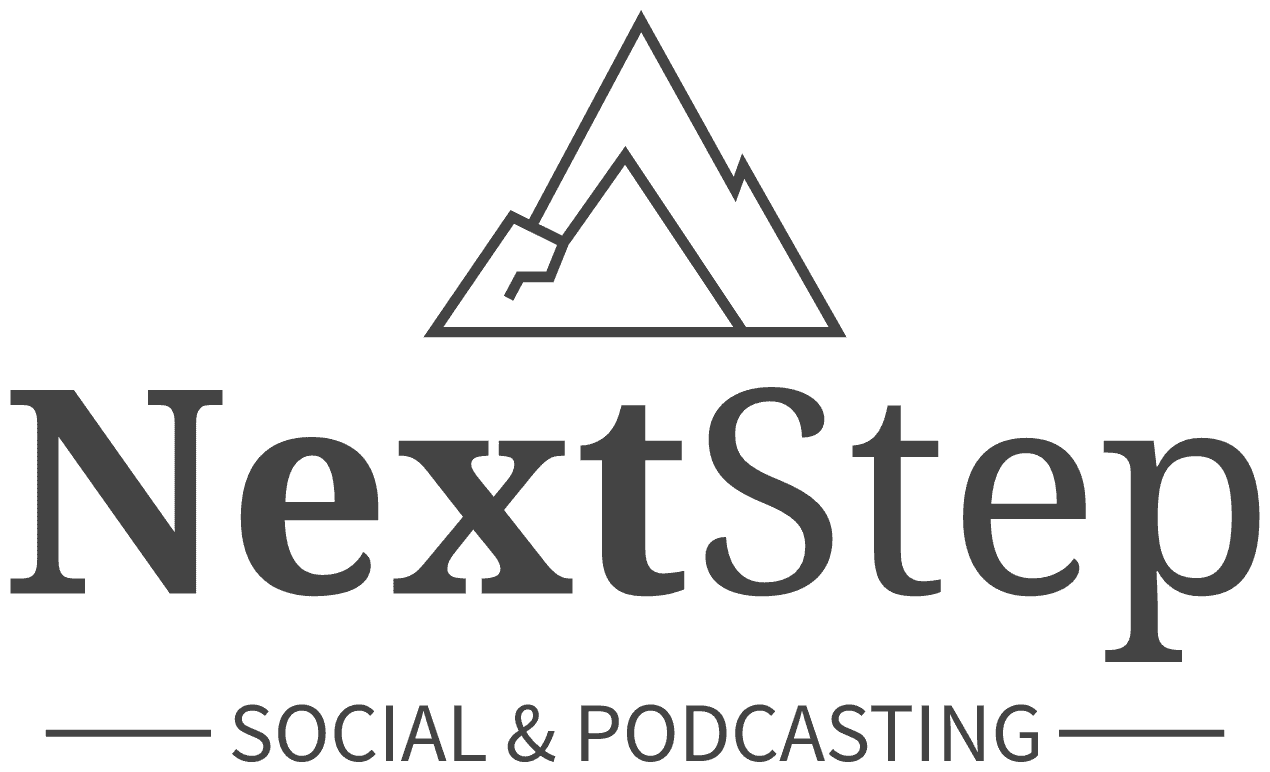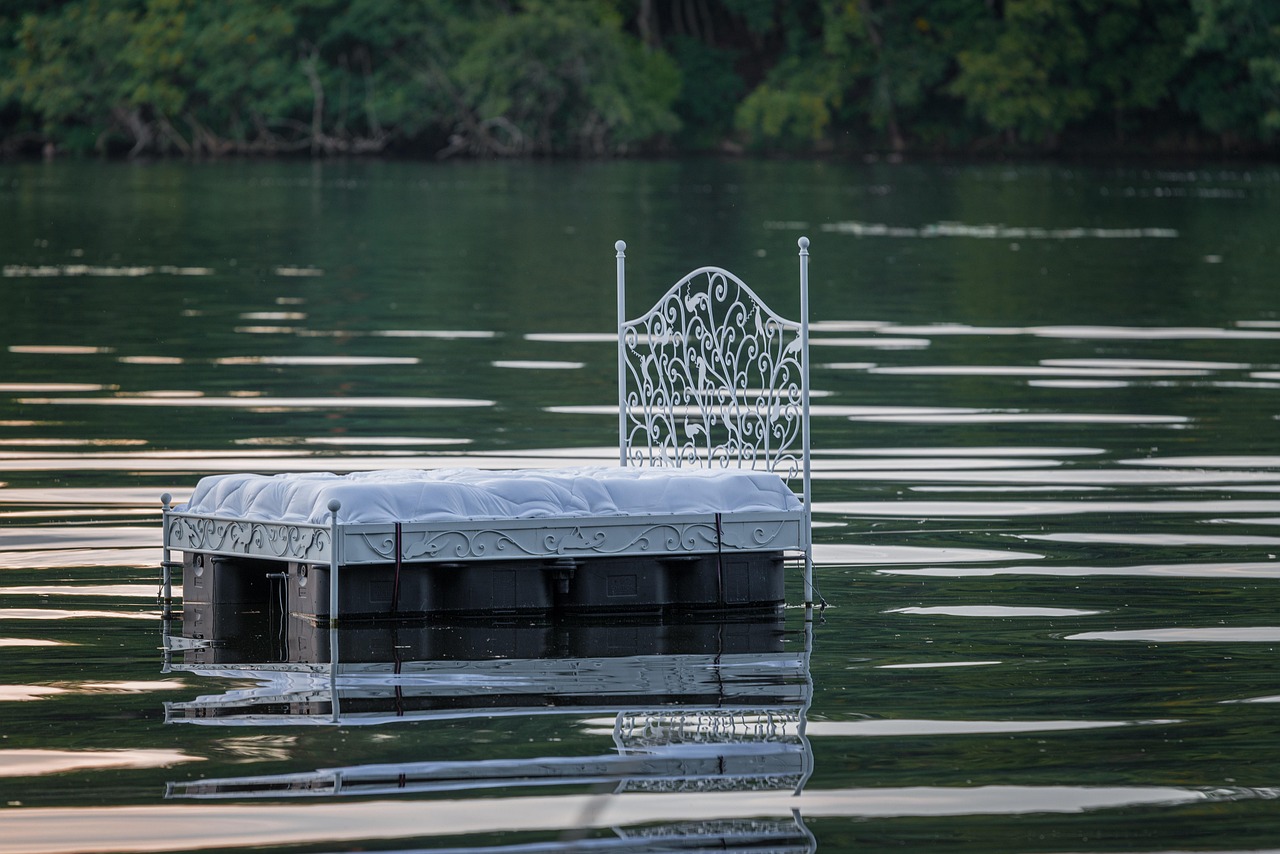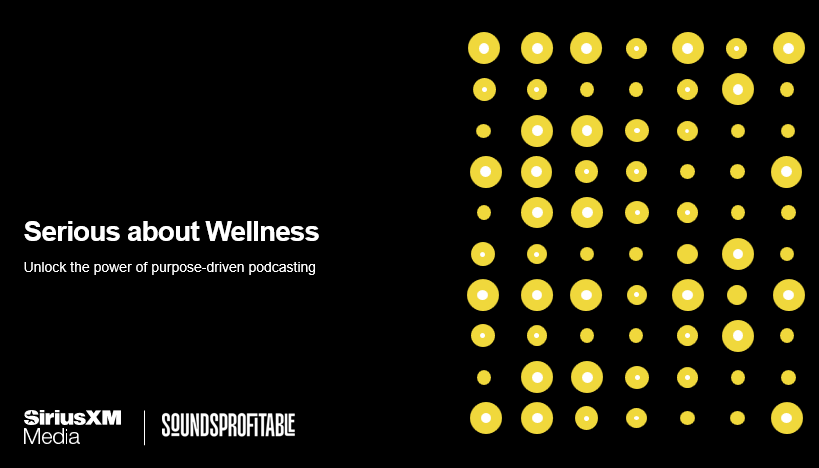Sounds Profitable heads to SXSW! Our quarterly Podcast Business Leaders Summit takes place on March 11th in Austin, TX. Join over 100 partners of Sounds Profitable and many new brands, agencies, and holding companies, as we share our latest research and answer tough questions in a private setting. We’d love to have you there. Drop us a line to find out more!
Last week I wrapped up a full month serving as a juror on a civil lawsuit in the Superior Court of Massachusetts. Among other things, I am now fully prepared to pitch my new show to Hulu, Only Injuries Sustained As A Result Of Negligence In The Building. Be right back – my money dispenser is stuck on “turbo.”
Ah. Where were we? Oh, right – the trial. I want to share a little bit of this experience with you, because it reinforced the pervasiveness of a cognitive bias we all have, and one that is currently impacting podcasting’s perception with the public.
At the heart of the case I served on was a single crate of glass. Twenty panels of hockey rink glass, to be precise, shipped vertically in a tall, skinny wooden crate. The plaintiff was a construction worker (a carpenter by trade) who opened the crate and had his leg crushed by literally a ton of glass.
The glass was shipped directly to the residence of a wealthy owner of a contracting firm who had his own hockey rink in the backyard. Normally, this exact type of glass is only shipped to and opened by professionals who build hockey rinks, but in this case, the owner of the rink was in a hurry and tasked one of his employees to break down the crate and install the glass, which was replacement glass for some missing panels on his personal rink.
Here’s where all of this gets interesting. The merchant of the glass was unaccustomed to shipping a single crate, and one crate standing up is inherently unstable (imagine a graham cracker standing on edge, except the cracker weighs 2000 pounds and is made of glass.) To facilitate shipping the crate, the merchant screwed a couple of pieces of plywood to the sides, perpendicular to the crate, creating a pair of “wings” that helped seat it more firmly on the ground.
The issue here is that the merchant modified the crate, which had two unintended but disastrous results:
- The crate, with the addition of the plywood wings, could ONLY be seated upright on the ground. The design begged for this. The crate visually cried out to be set vertically on level ground.
- The crate could not be safely unpacked in that position under any circumstances. The glass would fall out. The crate had to be leaned back on a forklift to unpack it in this configuration, and no instructions indicated that.
I promise I am getting to podcasting soon. What I found fascinating about the strategy for the merchant’s attorney was that every single day, for a MONTH, he had a sample crate brought in and set up in front of the jury box, and also a single pane of 4′ by 4′ hockey glass leaned up against their table. And every single day, he acclimated us to the fact that this glass had to be leaned back at an angle to properly unload. If I had a dime for every time that attorney used the phrase “it’s just common sense, correct?” with witnesses, I could shake off the chains of podcasting and retire for good. He was getting us used to the fact, day by day, that this glass should have been unpacked at an angle. After all – to do otherwise would result in a horrible accident.
What he was doing, every single day, was drilling into our brain that OF COURSE the glass would fall out if the crate was opened. I mean, that is actually what happened, right? After a month of looking at that crate, seeing that leaning pane of glass, and hearing that litany from the defense attorney for four straight weeks, I almost believed it.
This, my friends, is a stellar example of a cognitive bias called the curse of knowledge. Once you know a thing, it is hard to “un-know,” and equally hard to explain it to someone who doesn’t know or share the same experience. Knowing what we knew from the actual consequences, it would have been easy for us jurors to go along with the narrative of the defense, that it was “common sense” that the crate should not have been opened without the use of a forklift. But stripping away that narrative, and approaching the crate with a true beginner’s mind, it was obvious that this crate was essentially an alien artifact to this poor carpenter – it cried out to be opened in its most unsafe configuration, thanks to the plywood modification – and it was in no way “common sense” that this stable-looking crate actually could not possibly be opened as it sat.
We humans aren’t good at “unknowing” things. It’s like being told, “don’t think about an elephant” Or losing this game:

Bet you lost.
Podcasting is at a weird place right now. A lot of humans have heard about it at this point. Many of those humans don’t listen. And many of those humans would probably love podcasts. But they “know” things about podcasts that they can’t un-know, and these are the insidious biases that we all need to address to get podcasting to the next level.
If you are reading this, you already know what podcasting is, and how much podcasts add to our lives. But the people who aren’t reading this, also “know” about podcasting. They know what they know from what TV shows and movies and SNL skits and New Yorker cartoons have told them. And none of those things are our story. But we often suffer when we tell that story, because the shared knowledge base that we have about podcasting colors what we say to people who haven’t been bitten by the bug.
You can’t read the label when you are sitting inside the crate.
In 18+ years of studying both podcast listeners AND non-listeners, I’ve learned a few things about what the latter “know” about podcasting. And everytime a podcaster tells me “I don’t understand why people don’t get [whatever] about podcasting,” I can only agree. That’s right. You don’t understand.
Here is what non-listeners “know” about podcasting:
- It’s just a bunch of amateurs with mics
- It doesn’t give me anything I don’t already get from other media
- I don’t have the app/program to listen
- I don’t have the time to listen to podcasts
- There is nothing out there I am interested in
- It costs money to subscribe
I catch myself in conversations with non-listeners all the time thinking that they are wrong about all of these things, and that it is my job to educate them. I catch myself. That kind of default thinking is what leads to the curse of knowledge. This is not how we sing the song of podcasting to the non-believer.
Instead, I humbly submit, the only way to truly spread the story of podcasting is not to assume that our fellow humans are wrong, or misguided, or uneducated. It’s to assume that they are right. Podcasting isn’t for them. The medium is not for them. It is just a bunch of amateurs with mics. There isn’t anything they would be interested in. It doesn’t give you anything they can’t get from other media.
What would that approach do for you? For one, it would eliminate the crutch we all have of just repeating over and over that our spouse or mother or co-worker “just needs to listen, and then decide.” This isn’t going to work. They don’t love the medium like you do. They love other things. And the only way for you to effectively tell the story of podcasting to those people is to help them achieve their goals. Your goal might be to be an effective ambassador for podcasting, or to increase your own audience, but those aren’t the goals of your Uncle Ralph.
So here is an action item for this week. Don’t try and spread the word about podcasting to everyone you meet. Don’t spam Twitter with links to your show. Instead, spend some time with Uncle Ralph, or your spouse, or your co-worker, and see if you can’t understand and truly listen to a problem they are having or a goal they are trying to achieve. Then take the time to see if you can find ONE episode of one show that might actually help them. And then send them that episode. Don’t talk them into podcasting. Don’t tell them to download Pocket Casts. Don’t use the letters “RSS” in sequence. Just give them the one thing that might help them with their goals, and stop. Stop right there.
The thing is, you know more about podcasting than your friends and family. This is likely true for almost all of you reading this. But “education” won’t save you. Education is a thing we seek when we need to solve a problem. Focus on the problem–the shared goals–and try to “un-know” what you know about podcasting.
In the first phase of podcasting, where I started, we were fans of the medium. We loved PODCASTS and PODCASTING. In the next era, with the first few “hits” of the medium, the second tier of fans came for a single show, or maybe two, but not for “podcasting.”
The third tier of listeners aren’t going to come for podcasting, and they aren’t (yet) fans of a show. They will come for an episode. Forget what you know about podcasting’s past, and focus on what you can learn about your fellow humans. It isn’t knowledge about podcasting that will tell the story they are receptive to. Start where they are, and start simply. Right now the prevailing narrative about podcasting that people are exposed to is not one that is particularly complimentary to the medium. Podcasting is often the butt of the joke. But if we take the time, one human at a time, to really listen to our fellow travelers instead of just pushing pods, we can overcome the curse of knowledge that we all have, and potentially give just one person the little nudge they need to at least be interested in podcasting.
Sometimes, that one episode, or even a single clip, is all it takes.
New Partners
Sounds Profitable exists thanks to the continued support of our amazing partners. Monthly consulting, free tickets to our quarterly events, partner-only webinars, and access to our 500+ person slack channel are all benefits of partnering Sounds Profitable.
- Practical Philosophy creates accessible philosophy-centric media for everyone without a PHD.
- The Marketing Podcast Network is a collective of marketing and business-centric podcasts with a shared purpose to support one another with promotions, resources and revenue sharing.
Want to learn more about partnership? Hit reply or send us an email!

